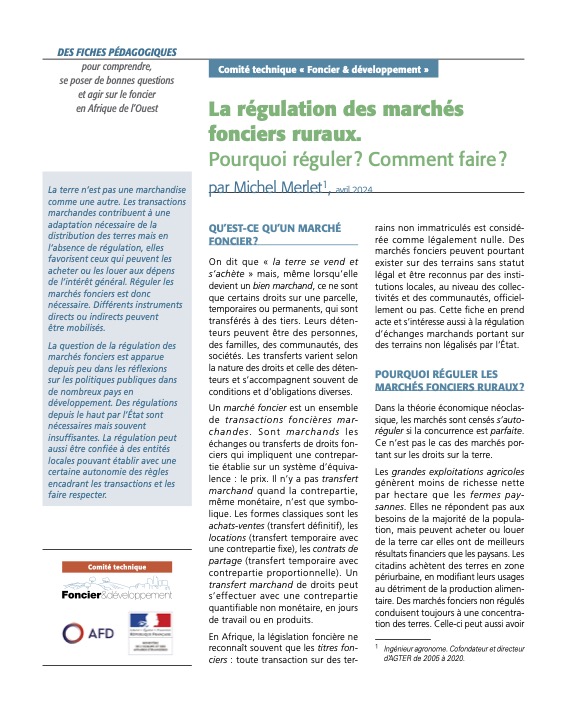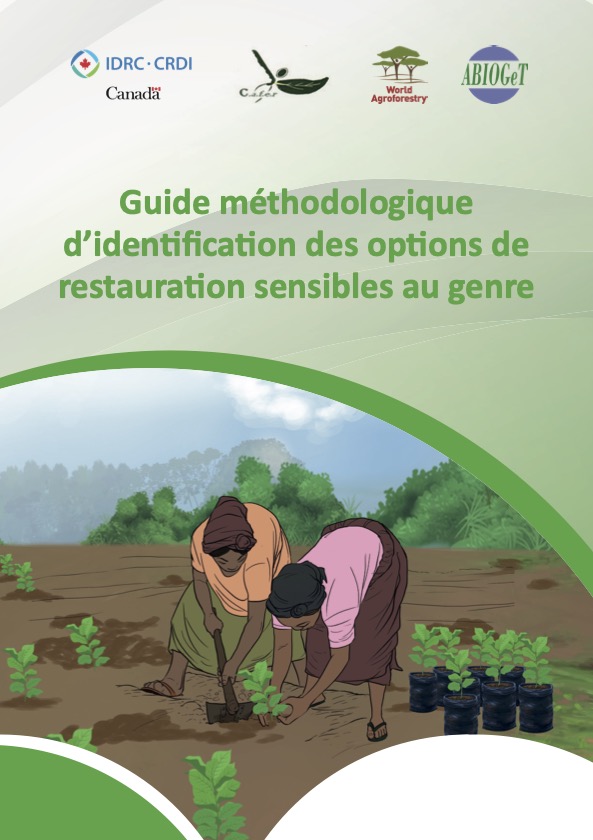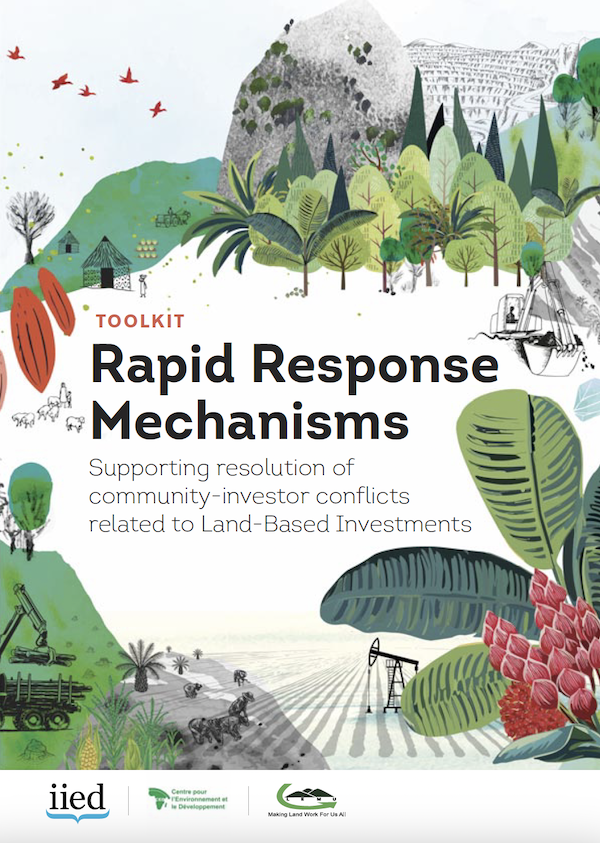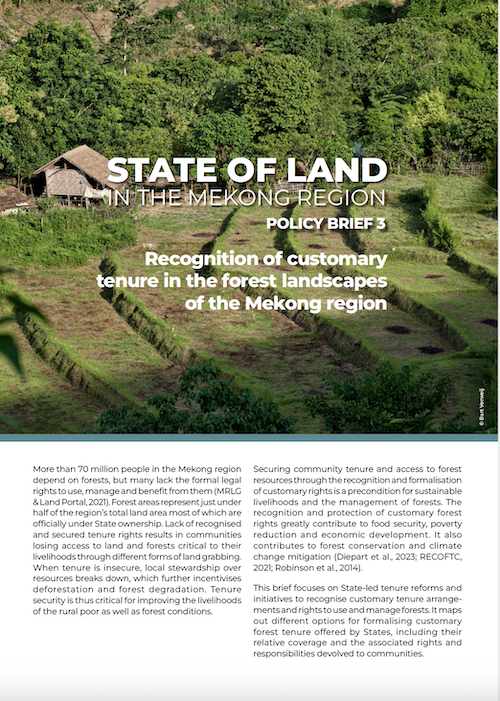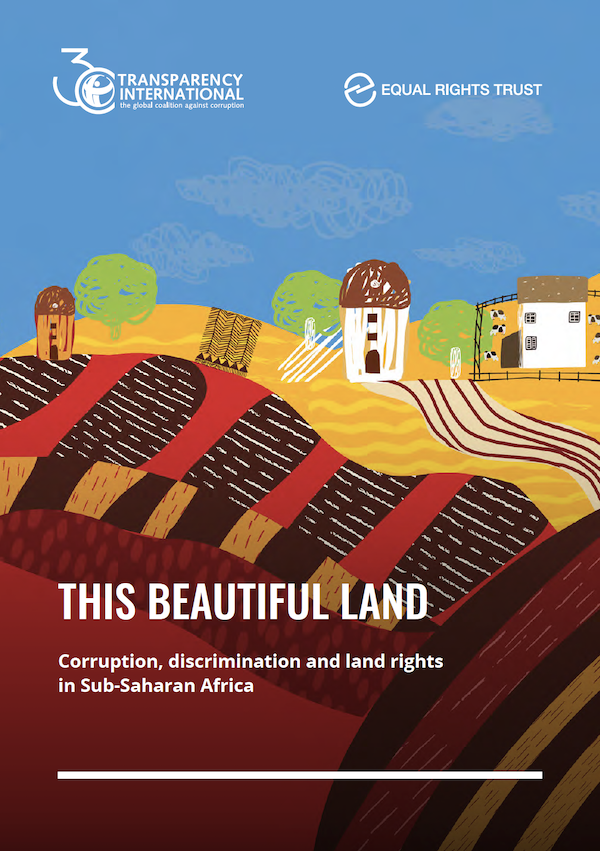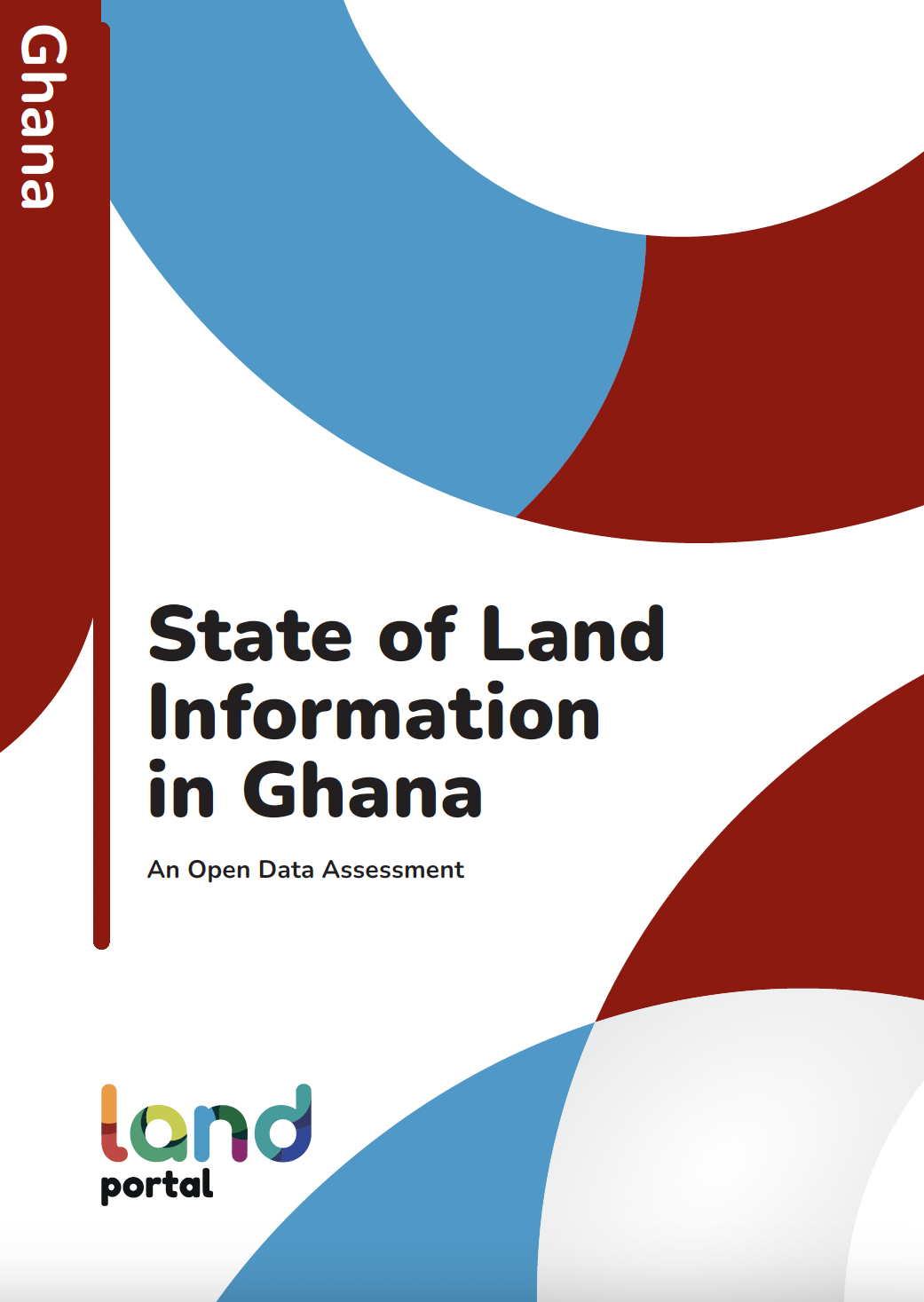LAND-at-scale Chad 2.0
LAND-at-scale remains active in Chad with partners Oxfam, Kadaster International and FAO. The partners work together to develop and test innovative approaches, tools and instruments for land governance in a fit for purpose way. These pilots will be done in two locations, which will contribute to a more transparent and inclusive land management system locally. The results from the pilots are used to inform the legal reform process and strengthen the legal and regulatory framework.
This one pager provides a summary of the project activities.


